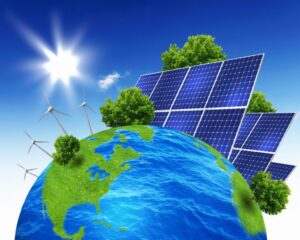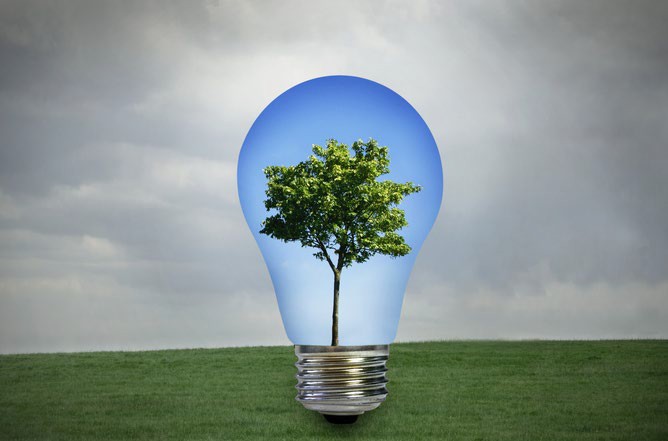Alternative Energy Sources
RENEWABLE & ALTERNATIVE
ENERGY SOURCES

Introduction
Alternative energy sources refer to all kinds of energy beyond the conventional ones (fossil fuels and nuclear) which are capable of replacing the non-renewable energy sources.
Regarding their characteristics, alternative energy sources are infinite or renewable, and cleaner than the previously known and used energy sources.
Description
These “new” energy sources were widely used by our ancestors (wind ships, solar heating, hydropower), but were forgotten when the fossil fuels appeared mainly in the last century. Nowadays, we know the environmental effects of conventional energy sources both at global and local level, as well as their finite character.
At the moment, all these alternative energy sources can be used in our cities in both ways, directly with installed facilities (solar PV or thermal, wind integrated, micro hydropower in pipes, geothermal, biomass in its different forms), or indirectly via an “energy vector” such as electricity, green hydrogen, or green ammonia. An energy vector is not an energy source itself but a way to transform, store, distribute and manage energy that can fit perfectly our needs we have in our cities. This way, electricity, green hydrogen or ammonia can be produced via renewables and easily integrated in our cities.
Alternative energy sources can be a solution for the future fossil fuel depletion in our cities, and via direct application or energy vector, these sources are already part of our cities and should be introduced in a deeper way to achieve even energy positive districts that produce more energy than they consume.
In 2020, renewable energy sources made already up to 37% of gross electricity consumption in the EU. Furthermore, in 2020, renewable energy represented 22.1% of TOTAL ENERGY consumed in the EU.

Main Features
- Infinite/renewable resources
- Greener than fossil fuels
- Less geopolitical constrains
- Local resources

Advantages and challenges
+ Infinite and renewable resources are not going to be depleted.
+ Less impact than fossil fuels on the environment, reduced or eliminated greenhouse gas emission, carbon footprint and generated waste, cleaner air and water in our cities.
+ Use of local resources and thus, promotion of local economic activity.
+ Less dependency from imported energy resources, improved stability.
– Some renewable energy sources are still difficult to integrate in our cities. More research and development, and investments are needed.
– The integration of renewable energy sources in our main “energy vectors” is slow.
– Green hydrogen is still too expensive for main usages in a city; however, fossil fuel feedstock costs are increasing so alternative energy sources may become more economical in the future.

